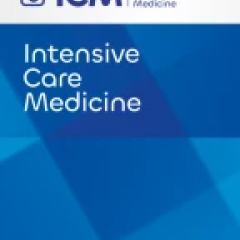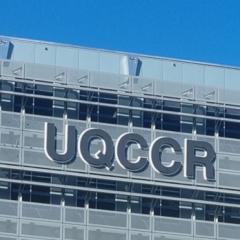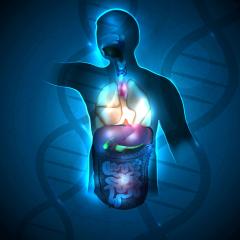 Brisbane Transplant Infectious Diseases Meeting brings cross-disciplinary insights to the forefront of patient care
Brisbane Transplant Infectious Diseases Meeting brings cross-disciplinary insights to the forefront of patient care
The Centre for Research Excellence: Optimising and Personalising Antimicrobial Dosing to Reduce Resistance (CRE RESPOND) recently hosted the 3rd Annual Brisbane Transplant Infectious Diseases Meeting, uniting local and interstate clinicians, researchers, pharmacists and donor coordinators to explore clinical challenges and innovations in transplant and infectious disease care.
Held at the Queensland Children’s Hospital on Thursday 8 May 2025, the full-day seminar showcased the depth of expertise within Queensland and beyond, covering clinical cases, translational research, and practical advances in patient management. With a focus on fostering collaboration across disciplines, this year’s program featured engaging panel discussions and cutting-edge presentations from infectious disease physicians, transplant surgeons, immunologists, microbiologists, and pharmacists.
Highlights from the event included:
Diagnostic and therapeutic challenges in post transplant infections:
Dr Luke Aaron and Dr Tiarni Templeton presented adult and paediatric HLH cases, exploring diagnostic challenges and rare inflammatory syndromes in transplant patients, while Dr Peter McNaughton provided a comprehensive overview of HLH diagnosis and treatment strategies. Dr Stephen Boyle delved into CAR-T associated infections and complications, drawing on international experience and research from his ongoing PhD at QIMR Berghofer. Ms Tina Coco shared insights into notification protocols for donor-derived infections, outlining national procedures for reporting and response via VSEAC.Advances in fungal diagnostics and therapeutics:

Dr Daniel Yeoh explored the complexities of diagnosing invasive fungal disease in children, while Dr Beatrice Sim introduced novel diagnostic techniques. Dr Kanthi Vemuri outlined the pipeline of new antifungal agents and their role in transplant infectious disease care. Ms Amy Legg presented data on pharmacogenomic-optimised dosing of voriconazole, and Mr Sean Unwin discussed practical approaches for accessing unregistered antimicrobial agents in Australia.Surgical aspects and innovations in transplant medicine:
Dr Handoo Rhee presented an audit of BK virus-associated genitourinary malignancies and surgical complications, Dr Maddison Taylor spoke about BK virus and micropapillary urothelial carcinoma, while Dr Pramudith Sirimanna explored machine perfusion outcomes in liver transplant, and Professor John Fraser provided an update on XVIVO perfusion techniques. Dr Lana Sundac concluded the session with a talk on the microbiologuy of perfusion fluids and implications for infection control.Strengthening networks and registries:

Ms Leonie Wilcox discussed the development and applications of a national Transplant and Cell Therapy Registry, while Dr Gabrielle Haeusler presented paediatric febrile neutropenia research from national network studies. Dr Beatrice Sim also contributed a session on training pathways in transplant infectious diseases, and Dr Monica Ng discussed the role and design or donor registires.
With more than 20 expert speakers across four focused sessions, the meeting continued to strengthen Queensland’s leadership in transplant infectious diseases and interdisciplinary research.
This was the sixth event in CRE RESPOND’s 2025 education program, underscoring its ongoing commitment to advancing evidence-based, clinically relevant dialogue for healthcare professionals and researchers working at the intersection of infection, immunity, and transplantation.
Did you know you can still catch up on the session and watch the available recordings?



